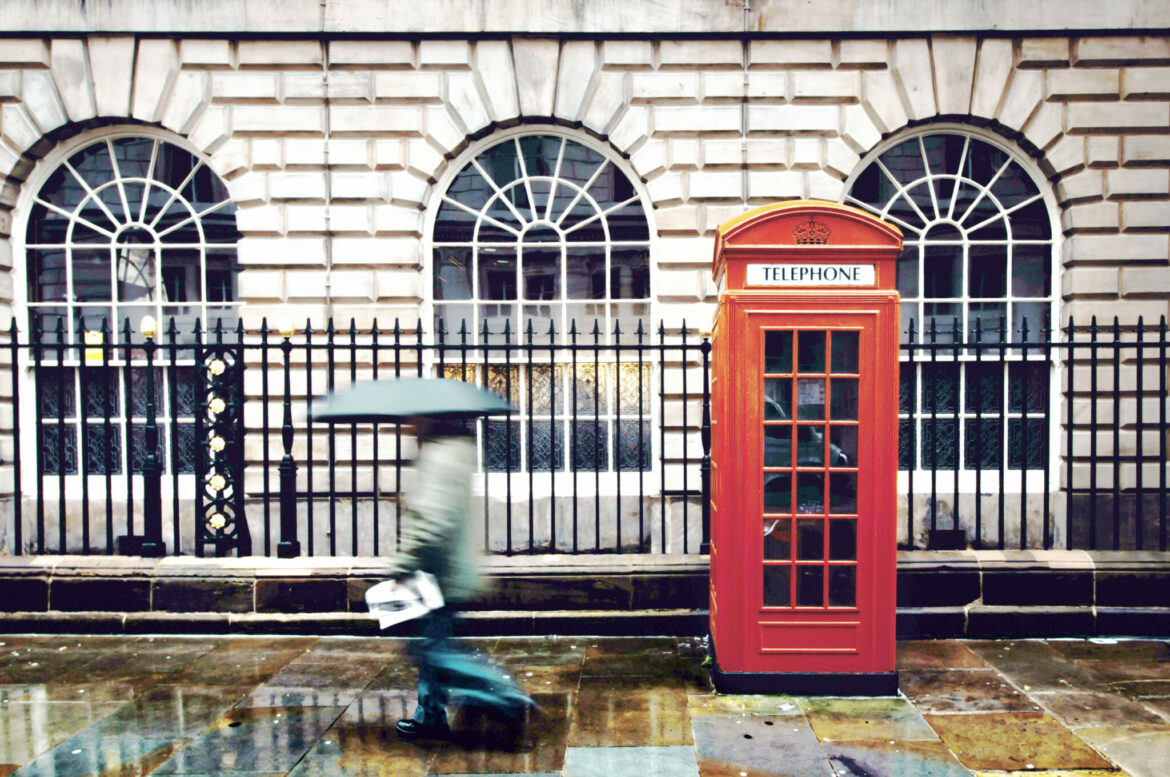About Villa Park Stadium
The Villa Park Stadium, located in Birmingham, is home to Aston Villa Football Club. It has a capacity of over 42,000 spectators and has a rich history dating back to 1897. The stadium has hosted numerous football matches, including international games and domestic cup finals. Known for its traditional architecture and vibrant atmosphere on match days, Villa Park Stadium is considered a historic landmark in English football. The stadium has undergone several renovations over the years to enhance the spectator experience and maintain its status as a top-tier venue in the sport.
Interesting facts about Villa Park Stadium
- Villa Park Stadium, located in Birmingham, England, is the home ground of Aston Villa Football Club.
- The stadium was built in 1897 and has a capacity of over 42,000 seats.
- Villa Park has hosted 55 FA Cup semi-final matches, more than any other stadium in England.
- The stadium has also hosted international matches, including games during the 1966 World Cup.
- Villa Park has undergone several renovations over the years, with the most recent one completed in 1994.
- The iconic Trinity Road Stand is one of the oldest parts of the stadium, dating back to 1922.
- Villa Park has a unique feature called the Holte End, known for its passionate and vocal supporters.
- The stadium has hosted music concerts, with artists like Bon Jovi and Bruce Springsteen performing there.
- Villa Park has a reputation for its vibrant matchday atmosphere, with fans creating a lively and electric environment.
- The stadium has been used as a filming location for several movies and TV shows, including the popular series "Peaky Blinders."
Frequently asked questions about Villa Park Stadium
1. Where is Villa Park Stadium located?
Villa Park Stadium is located in Birmingham, England.
2. Which football club calls Villa Park Stadium its home ground?
Aston Villa Football Club plays its home matches at Villa Park Stadium.
3. When was Villa Park Stadium built?
Villa Park Stadium was built in 1897.
4. How many seating capacity does Villa Park Stadium have?
Villa Park Stadium has a seating capacity of around 42,785.
5. What are some of the notable features of Villa Park Stadium?
Villa Park Stadium boasts the Trinity Road Stand, the Doug Ellis Stand, and the Holte End among its notable features.
6. Has Villa Park Stadium hosted any major international tournaments?
Yes, Villa Park Stadium hosted matches during the 1966 FIFA World Cup held in England.
7. Are there any guided tours available for visitors at Villa Park Stadium?
Yes, visitors can take guided tours of Villa Park Stadium to explore its history and facilities.
8. How can one purchase tickets to a match at Villa Park Stadium?
Tickets to matches at Villa Park Stadium can be purchased online through the official Aston Villa FC website or at the stadium ticket office.
9. Is there parking available for visitors at Villa Park Stadium?
Yes, Villa Park Stadium provides parking facilities for visitors attending matches or events.
10. Are there any nearby attractions to visit when attending an event at Villa Park Stadium?
Visitors attending events at Villa Park Stadium can explore the Birmingham Botanical Gardens, Birmingham Museum and Art Gallery, and the Bullring Shopping Centre located nearby.
What people love about Villa Park Stadium
Upon my recent visit to Villa Park Stadium, I was pleased to find that it exceeded my expectations. The atmosphere there was quite remarkable, with a sense of history and tradition that could be felt throughout the entire venue. The architecture of Villa Park Stadium was also quite impressive, showcasing a blend of modern amenities with classic design elements. Overall, my experience at Villa Park Stadium left a lasting impression on me and I would highly recommend a visit to anyone interested in sports or architecture.
How to get to Villa Park Stadium
To get to Villa Park Stadium, located in Birmingham, England, you have a few transportation options:
1. By Car: If you are driving to Villa Park Stadium, you can use GPS or a mapping app to navigate to the stadium. The address for the stadium is Trinity Rd, Birmingham B6 6HE. There are parking facilities available at the stadium, but it is advised to arrive early to secure a spot, especially on match days.
2. By Public Transportation: Villa Park Stadium is well-connected by public transportation. The nearest train station is Witton, which is just a short walk away from the stadium. You can also use buses to get to the stadium, with several bus routes running near the stadium.
3. By Taxi or Ride-sharing: You can also opt to take a taxi or use ride-sharing services like Uber to get to Villa Park Stadium. Simply input the stadium's address into the app and you will be dropped off at the designated area.
4. Walking or Cycling: If you are staying in the vicinity of Villa Park Stadium, you can also choose to walk or cycle to the venue. There are pedestrian and cycle paths leading to the stadium, making it an eco-friendly option.
Overall, getting to Villa Park Stadium is relatively easy no matter which mode of transport you choose. Just make sure to check for any traffic or transportation updates, especially on match days, to ensure a smooth journey to the stadium.
When to visit
The best time of year to visit Villa Park Stadium in Birmingham, England would typically be during the football season which runs from August to May. The atmosphere is electric during home games, especially when Aston Villa FC, the home team, is playing. Additionally, the weather in Birmingham is most pleasant in the late spring and early fall months, making these times ideal for exploring the city and enjoying the stadium experience. It's important to check the fixture schedule and plan your visit accordingly to coincide with a match if you want to fully experience the energy and passion of Villa Park Stadium.
Table of Contents

